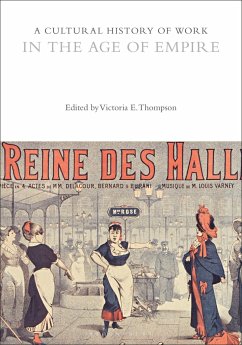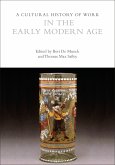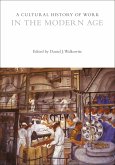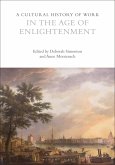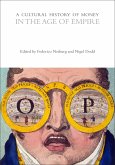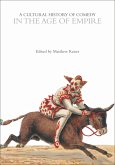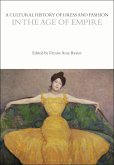Winner of the 2020 PROSE Award for Multivolume Reference/Humanities The period 1800-1920 was one in which work processes were dramatically transformed by mechanization, factory system, the abolition of the guilds, the integration of national markets and expansion into overseas colonies. While some continued to work in trades that were similar to those of their parents and grandparents, increasing numbers of workers found their workplace and work processes changed, often in ways that were beyond their control. Workers employed a variety of means to protest these changes, from machine-breaking to strikes to migration. This period saw the rise of the labor union and the working-class political party. It was also a time during which ideas about work changed dramatically. Work came to be seen as a source of pride, progress and even liberation, and workers garnered increased interest from writers and artists. This volume explores the multi-faceted experience of workers during the Age of Empire. A Cultural History of Work in the Age of Empire presents an overview of the period with essays on economies, representations of work, workplaces, work cultures, technology, mobility, society, politics and leisure.
Hinweis: Dieser Artikel kann nur an eine deutsche Lieferadresse ausgeliefert werden.
Hinweis: Dieser Artikel kann nur an eine deutsche Lieferadresse ausgeliefert werden.

